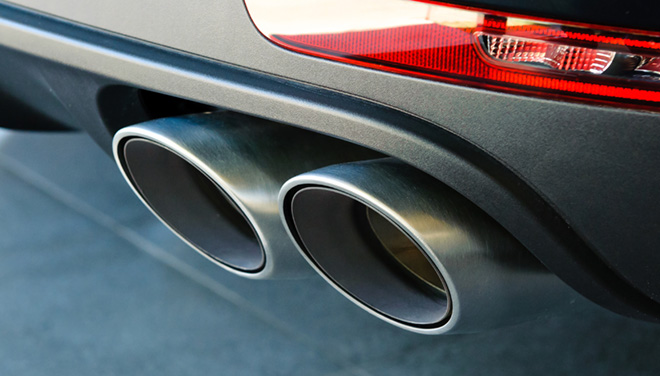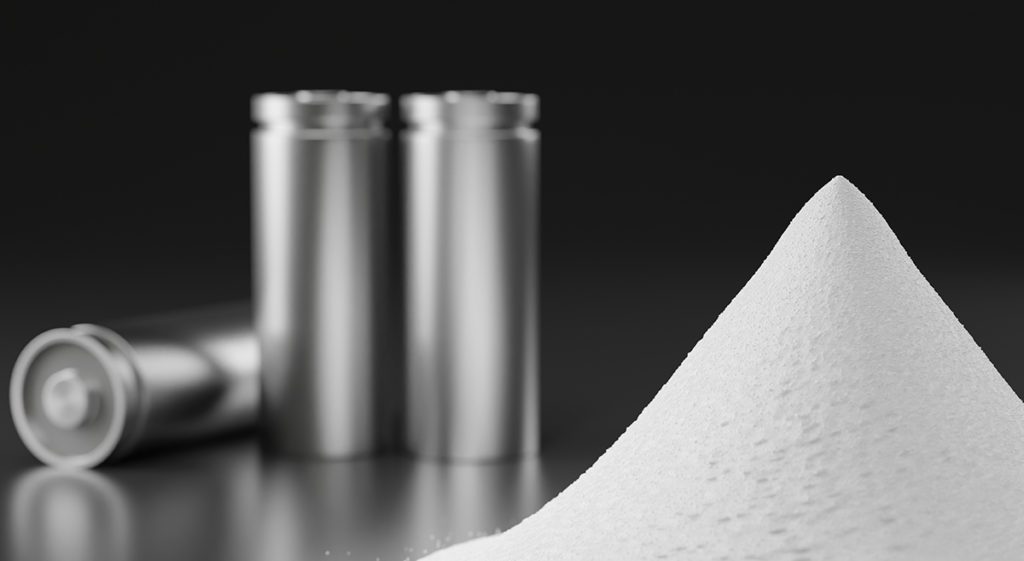The legacy automakers are like a hopelessly lost driver, stuck at a fork in the road with no clue which direction to take. Two days after Trump’s election in 2016, they sent him a letter asking for previously-agreed fuel economy standards to be watered down. The new administration enthusiastically agreed, and began dismantling these and other environmental protections.
As the New York Times recently reported, a rogues’ gallery of oil industry front groups and climate change-denying lobbying organizations quickly got involved in the process, and have guided the administration in its methodical and efficient demolition of federal emissions standards, as well as incentives for renewable energy and clean air and water rules.
Three years later, the automakers are saying, “Never mind!” Over the past few months, as the Times reports, they have “grown alarmed at the expanding scope of the administration’s plan.” In June, 17 companies, including all the largest global automakers (with the exception of Fiat Chrysler), sent Trump another letter, this time warning that the regulatory rollback threatens their profits, and will produce “untenable” instability, and asking him to forge a compromise with California. The auto execs sent a similar letter to California Governor Gavin Newsom.
The Trumpian rules, which are expected to be made public within the next couple of months, would eliminate the previously-agreed mileage target of 54.5 mpg by 2025, and freeze fuel economy standards at about 37 mpg. California and 13 other states (and Canada), are expected to stick with the stricter standards, which is likely to lead to “an extended period of litigation and instability,” as the automakers describe it.
It’s not the lower emissions standards the automakers object to – they’d be happy to have lower standards or none at all, and at the federal level that’s in effect what they’re getting. Reuters reports that the Trump administration has frozen fines for non-compliance with the standards at 2015 levels – a decision that the Alliance of Automobile Manufacturers praised. What the automakers are afraid of is that competing standards could create two parallel auto markets in the US. If this “nightmare scenario” comes to pass, automakers would have to demonstrate that the average mileage of cars sold in the 13 clean-air states is higher than in the other states. But because buyers prefer gas-guzzling SUVs and trucks (and because these deliver far higher profits than do more fuel-efficient models), manufacturers might have to figure out how to do what they have long resisted: sell more EVs in the high-mileage states in order to bring their fleet averages down. Auto dealers in different states might end up selling different mixes of vehicles at different prices. And of course, a lively cross-border grey market for gas-guzzlers would quickly develop, creating more regulatory worries for the automakers.
The metal-benders say they want a standard that is “midway” between the strict California-style rules and the laissez-faire Trumpist vision. “We strongly believe the best path to preserve good auto jobs and keep new vehicles affordable for more Americans is a final rule supported by all parties – including California,” they wrote.
Mr. Newsom, however, is not interested in any deal that would require California to water down its rules. “A rollback of auto emissions standards is bad for the climate and bad for the economy,” he wrote in an email message. “I applaud the automakers for saying as much in their letter today to the President. We should keep working towards one national standard – one that doesn’t backtrack on the progress states like California have made.”
Incredible as it seems, auto execs seem to have naively expected such a compromise all along. However, in February, the White House announced that it had ended talks with California, all but guaranteeing a lengthy cycle of litigation. Supporters of the tougher standards pointed out the obvious: the automakers’ letter isn’t likely to change anything, and if they want to mitigate the mess they’ve made, they’ll need to demonstrate a hitherto-unseen level of testicular fortitude. “At this point, they need to state clearly and bravely what they’re going to do, and then they should cut a separate deal with California,” said Margo Oge, a consultant and former EPA official who wrote a valuable book about the ups and downs of fuel economy regulation. “I’ve told the companies that siding with California is the only thing that’s going to protect them from uncertainty.”
The automakers may wish to be seen as the victims of the piece, but if they do end up with two sets of standards, that will be entirely their choice. As Jalopnik’s Bradley Brownell points out, “these automakers are welcome to use the same fuel economy and emissions standards across the country. By sticking to the stricter standards that have been on the books for a number of years now, any car that meets CARB standards will also meet the national standards.”
Whatever the automakers do, the defenders of the oily status quo who have the president’s ear will continue their fight. As the Times reports, newly released government emails show how a coalition of denialist groups has pushed the administration to roll back the rules much further than the automakers wanted, and that they consider the latter to be part of the problem. “The automakers are not going to help and may be part of the opposition,” wrote Myron Ebell of the Competitive Enterprise Institute, a climate change-denying think tank. Ebell, who was also the leader of Trump’s environmental transition team, has said his group was behind the administration’s assertion that forcing automakers to build cleaner cars would lead to more highway deaths (debunked by the Times, New Republic, Environmental Defense Fund, E&E News et al).
The newly released emails also reveal more details of the contacts between Trump administration officials and fossil fuel firms such as Marathon Petroleum, the USA’s largest refiner, as well as climate change-denying groups such as the Heritage Foundation, FreedomWorks and the American Legislative Exchange Council, all of which have weighed in in support of watering the emissions standards. Activist groups have also mobilized supporters to defend the rollback. American Commitment, another denialist group, helped generate almost 1,600 public comments to NHTSA, which read in part, “I believe the Obama/California scheme was designed with the ultimate goal of banning the internal combustion engine…I fully support President Trump’s plan to freeze the fuel economy mandate and stop Sacramento liberals from telling me what kind of car I can drive.”
Source: New York Times


















































































